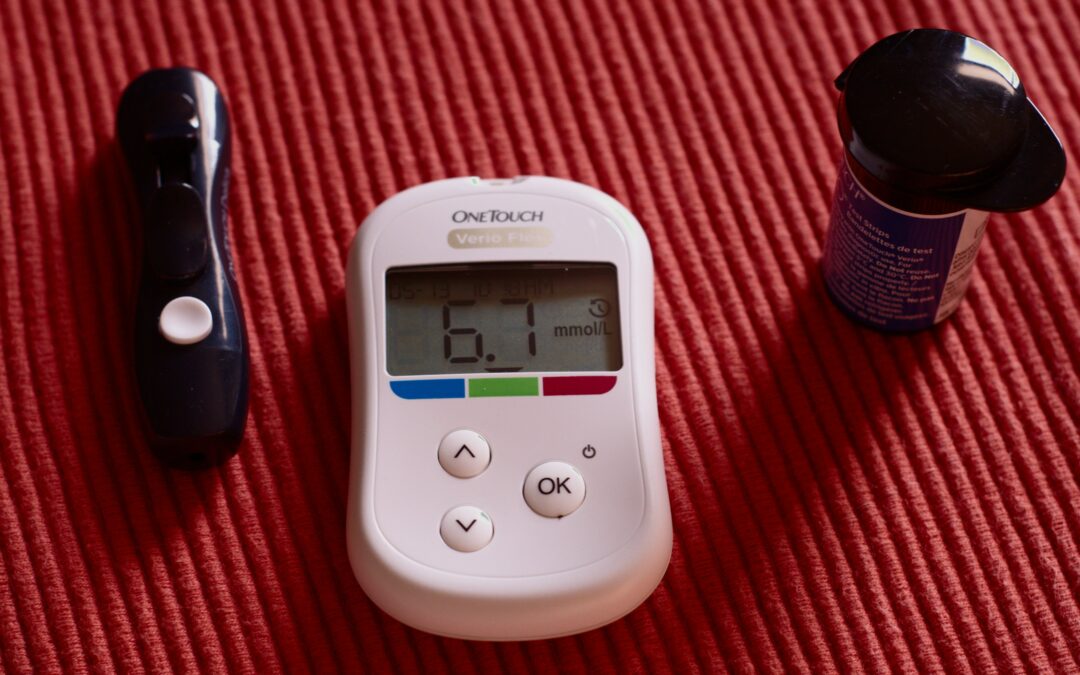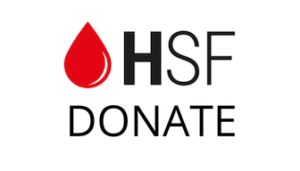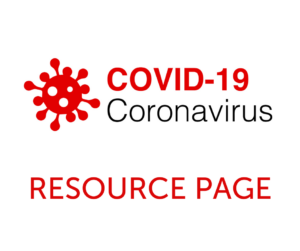By Dr. Keith Berkowitz, M.D. Medical Director for The Center For Balanced Health and Medical Advisor for the Hypoglycemia Support Foundation
According to the American Diabetes Association, 21 million Americans have diabetes and another 54 million American are at risk with pre-diabetes or elevated blood glucose.
Because of this, our attention has been concentrated on treating high blood glucose while largely ignoring other blood sugar disorders. Poor eating habits, the addition of unhealthy ingredients, increased stress and poor sleeping habits has led to the increased incidence of this under-appreciated blood sugar disorder: hypoglycemia.
Hypoglycemia has been traditionally defined as a low blood glucose level (serum levels less than 70 mg/dl either taken fasting, randomly or after a glucose challenge). Unfortunately, most individuals I see in my practice do not present with these results but instead present with normal blood glucose levels, the ability to lose some weight but not the last 10 to 20 pounds or unexplained low energy levels.
One reason for this is that most individuals only have fasting blood glucose or an HgbA1c taken by their health professional. An HgbA1c level represents the average amount of glucose in the blood over a three month period. A level of 4.0% is equal to an average blood glucose level of 60 mg/dl while a level of 5.0% is equal to a blood glucose level of 90 mg/dl. HgbA1c levels between 4.8% and 5.9% are considered normal. Levels below 4.8% are usually consistent with hypoglycemia.
Individuals with hypoglycemia can often have symptoms that include: headaches, increased irritability, difficulty concentrating, palpitations, light-headedness, fatigue, anxiety, excessive sweating or urination, leg cramps, dizziness and clamminess. Other symptoms can be related to eating. Patients I see with this diagnosis often feel more tired after meals, feel “sick” when they either miss a meal or if a meal is delayed.
So, if you have significantly reduced calories or carbohydrates, are you still unable to lose weight?
Are you unable to lose that last 20 pounds no matter what you try?
Eating a low carbohydrate diet but still hungry and/or tired after meals?
I just may have a solution for you.
Traditionally treatment for hypoglycemia has been to give sugar. Unfortunately, this treatment only provides temporary relief and in very sensitive individuals causes an even greater reaction thirty minutes to two hours later. Although, a strict low carbohydrate diet is helpful, it does not always solve the problem by itself.
In my practice, the Center for Balanced Health, I see individuals with such pronounced hypoglycemia that their blood sugar drops almost immediately after a glucose challenge. It’s the equivalent of filling an automobile with gas only to find that the gas tank has a very large leak.
At the Center for Balanced Health, we help patients manage their hypoglycemia by telling them to:
- Eat five to six small meals a day about every three hours. Think of yourself as a fuel-efficient automobile. You want constant flow of energy (glucose) throughout the day.
- Avoid meals that are too small or too large especially at night. Meals that are too small will not provide enough energy to get you through the day. Meals that are too large place a larger burden on your metabolic system to process these nutrients and thus can trigger a hypoglycemic reaction.
- DON’T skip meals especially breakfast. Breakfast is the most important meal of the day because it sets the tone.
- Balanced eating. Always have some protein and fat at each meal or snack. Avoid and limit foods high in sugar or other refined carbohydrates especially on a empty stomach. Still utilize a controlled carbohydrate approach and get your carbohydrates from foods high in fiber (dark green leafy vegetables, non starchy vegetables, avocado, high fiber low carbohydrate crackers as examples)
- Get a good night’s sleep. Good sleep helps replenish your system so that your body works more efficiently.
- Use of a fiber supplement (make sure you take with enough water) or eating a high fiber food (without refined carbohydrates or sugar) before meals or snacks can help slow the absorption of carbohydrates and thus prevent rapid declines in blood sugar.
- Exercise regularly. Strength training can improve glucose metabolism
- Avoid alcohol, caffeine, tobacco use
- Avoid the use of stimulants
If you suspect hypoglycemia, the best diagnostic test is a glucose tolerance test with insulin levels and an HgbA1c. I usually do this test in my office because a glucose challenge can sometimes precipitate symptoms of low blood sugar.




Recent Comments